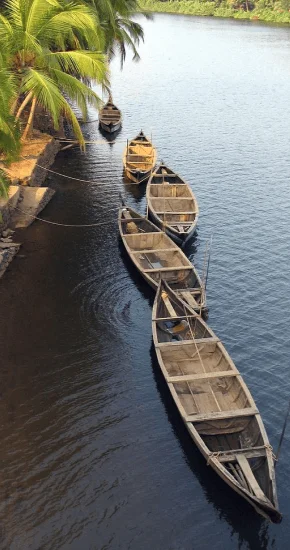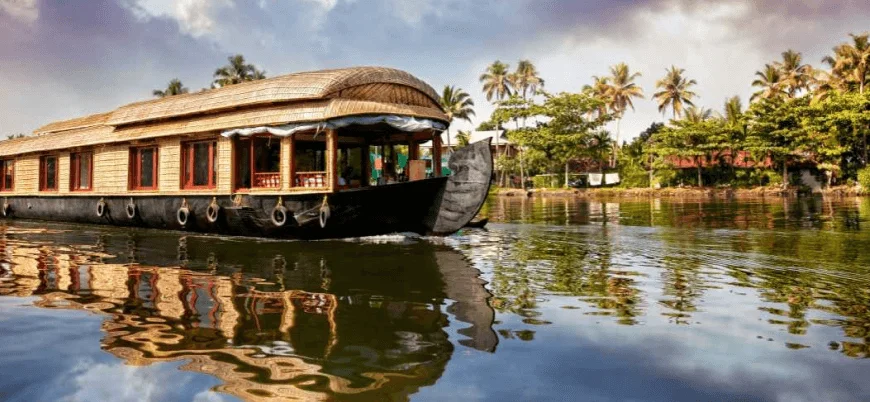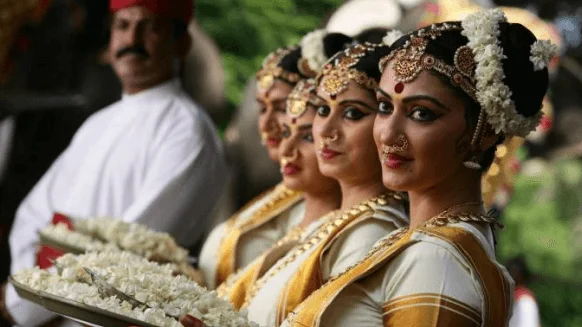Kerala History

Kerala's history is a fascinating mix of indigenous and foreign influences. As a major centre for the ancient spice trade, Kerala attracted traders from as far as Arabia, China, and Europe, each leaving an indelible mark on the state. With the arrival of the Portuguese in 1498, followed by the Dutch and the British, Kerala became a unique confluence of cultures. Despite these influences, Kerala retained its distinct identity, joining India as a state in 1956. This rich history has left Kerala with a blend of architectural marvels, culinary diversity, and vibrant customs.

Culture of Kerala
Kerala's culture is vibrant and diverse, deeply influenced by Hindu, Christian, and Muslim traditions. Malayalam is the primary language spoken by locals, and the state's cultural calendar is filled with colourful festivals, including Onam, marked by grand feasts, flower carpets, and boat races, and Vishu, celebrated with traditional rituals and fireworks. Kerala's cuisine is renowned for its generous use of coconut, spices, and fresh ingredients, with signature dishes like appam with stew, Kerala sadya, and seafood curries.


Shopping Spree in Kerala
Shopping in Kerala is a delightful mix of traditional markets and modern boutiques. The state is known for its handicrafts, spices, and souvenirs. Visitors can explore markets like the Jew Town in Kochi, famous for antiques, and Chalai Bazaar in Thiruvananthapuram, which offers a range of local goods. Kerala's spice markets, particularly in places like Thekkady and Kochi, are a must-visit for fresh spices, from pepper and cardamom to cinnamon and cloves.
